Alumni Spotlight: Jessica Fouraker
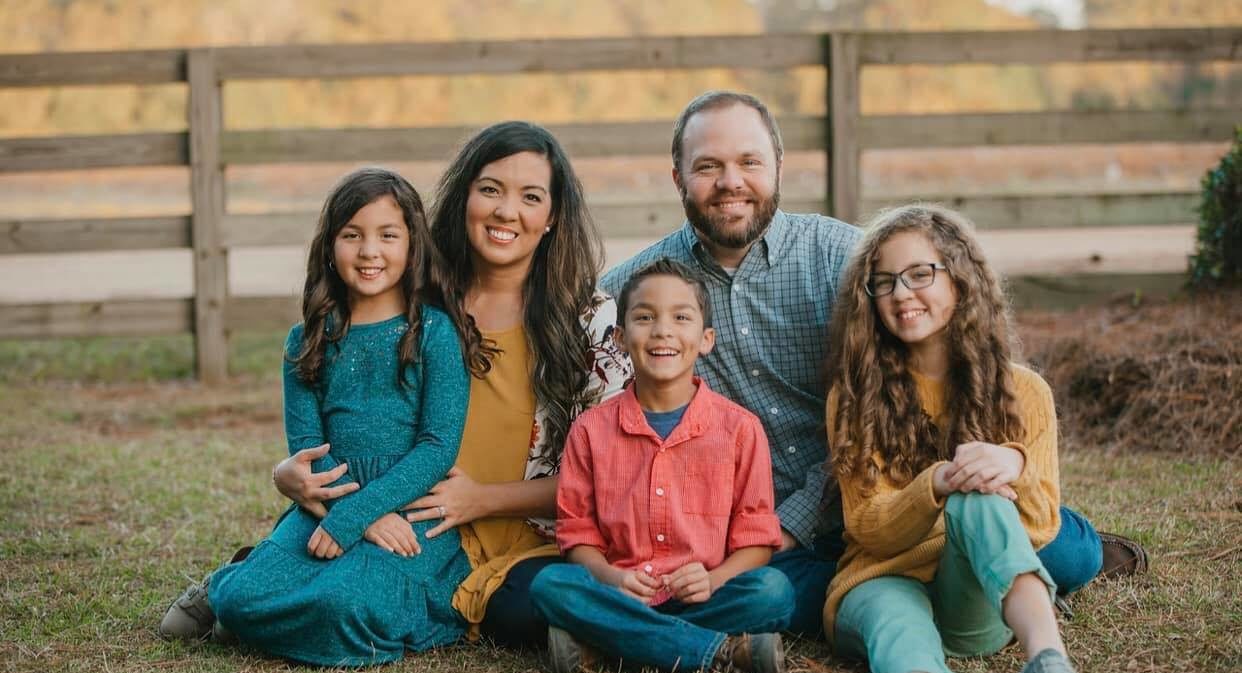
Those of us with school-aged children have likely pondered the homeschool question more than once in recent years. But unless you personally know someone who is a veteran homeschool teacher, the information and options can be overwhelming! We reached out to one of our alumni moms who has been homeschooling successfully for 6 years. We asked her for an honest, inside look at what homeschool looks like for her family.
TBC alumnus Jessica (Chancy) Fouraker earned her B.A. in Elementary Education in 2008. Jessica is a homeschooling mom of four, and has been teaching her children for six years. She is married to a fellow TBC alum Forrest Fouraker (’06), Associate Pastor at Rincon Baptist Temple in Rincon, GA.
Jessica shared her insight on why her family chose homeschooling, what their daily school routine looks like, and her response to common questions parents have when they consider homeschool.
Jessica, in your perspective what is the main pro and con of homeschool for your family?
The main pro is definitely the flexibility. With all of our extended family out of town, I can pack up and take school up the road when needed. For example, one time I had to go help family after surgery, so stuff like that is a perfect example…; you also get to set up your own breaks so you can work around when everyone else is out and the fun places are crowded!
The biggest con is that you don’t always have a set schedule every day. It can change for a variety of reasons. For example, on Wednesdays we do gymnastics. So that interrupts our main schedule which can be a bump in the road and get in the way of staying on task.
What inspired you to do homeschool vs. public or private school? Or was that your plan all along?
You know, I always thought my kids would go to a private school… likely the school that Forrest and I went to. And it really looked like that might work out. But then we ended up moving so that was no longer an option. So, I was actually kind of thrown into homeschool – we had no other options!
There are so many curriculum options! How did you decide which one to use?
Finding the right curriculum means what works best for your kid. Not the same thing works for everyone’s kids. I had friends who were already doing Classical Conversations and loved it so I immediately thought, “OK, I need to find a Classical Conversations community!” I like that it is scheduled and consistent. Were it not for that community, life would be a lot more chaotic!
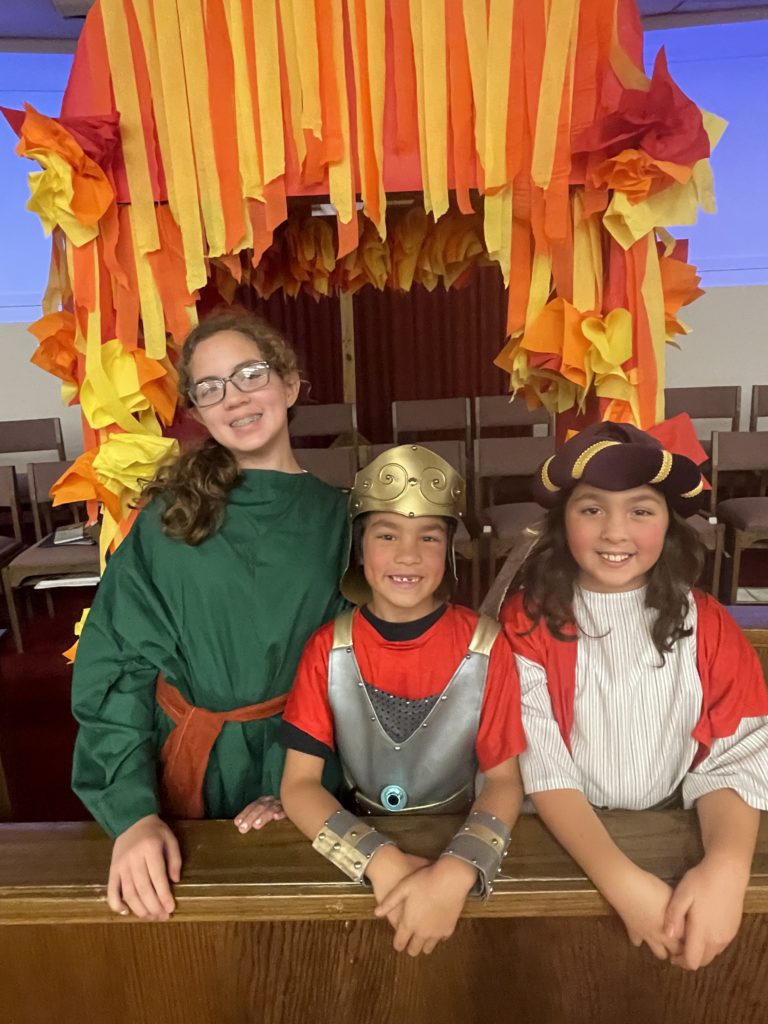 Classical Conversations is a different style of learning, right? Tell us about it.
Classical Conversations is a different style of learning, right? Tell us about it.
Yes, this curriculum is a totally different system of learning. There is a lot of rote memory work for core concepts, vocabulary, dates, etc, compared to other curriculums. In classical learning you’re focusing on logic, exposition, research, debate, etc. as opposed to the typical categories of math, science, history, English, etc. For example, math would fall under logic, writing would fall under exposition, and much of science would fall under research.
Would it be difficult to transition to Classical Conversations curriculum from a public or private school?
If you’re planning to homeschool for a while and then send your kid to school later, it might not be that confusing at all. But if you’re used to traditional school and then transition into this when the kids are older, it will take some adjusting. It’s not impossible, but it will take work.
What does your typical school day schedule look like?
Here at home we do math and then reading first thing in the morning and then move on to history and science – that’s just what works really well for us. If we work hard we can get through things quickly. We usually do school from 8:45 to noon. Some families do set times for the different subjects, but we have found that a lot of our history and science can be intertwined.
On Fridays, our Classical Conversations Community (of which I’m the director now) meets all day. We meet for 4 weeks and then are off for 2 weeks. This gives flexibility for vacations, family life, etc.
Our community day starts at 9:15 and ends at 3pm. All the families gather together and each week we start with a family presentation. They tell about how they homeschool or a trip they went on, something they learned, something about their family – for example if they have dogs or a worm farm, or run an actual farm, stuff like that. It is a great way to learn about the families in your community.
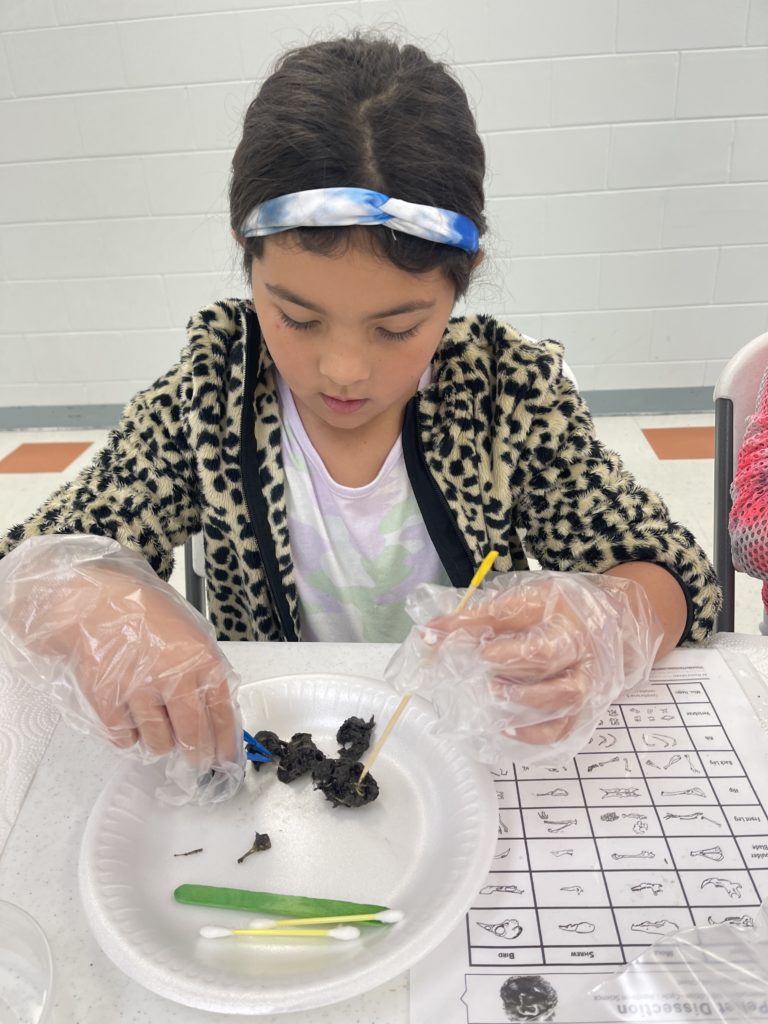 We do a science experiment every week, and we do all sorts of things. This week we dissected owl pellets! We were able to determine what the owl had eaten… I know, gross! But it was fun and the kids thought it was awesome.
We do a science experiment every week, and we do all sorts of things. This week we dissected owl pellets! We were able to determine what the owl had eaten… I know, gross! But it was fun and the kids thought it was awesome.
After that we do 30 minutes of grammar tutoring and 30 minutes of fine arts. Right now they are learning to play the tin whistle. They learn music theory, reading music, etc. Each fine arts segment is six weeks long. Our next six week segment will be about drawing and painting, and after that it will be about orchestra. So they will learn about art techniques and famous artists, the organization and components of an orchestra and notable composers, and actually listen to orchestra music and learn to recognize different pieces of music.
We break for lunch and then move on to what we call “Essentials”. Tutors lead sessions on language (grammar, parts of speech, diagraming, parsing, etc.) and math. We incorporate a lot of games into math to make it fun and reinforce what they have been learning throughout the week and in their rote memory work. The last thing we do as a community group is work on our writing. We use curriculum called Institute for Excellence in Writing and it is really amazing.
What do you tell people who are concerned about a lack of social interaction?
Well, my first question is always: what kind of social interaction are you looking for? Are they in extracurriculars? Church? Sunday school? Do they have siblings? Cousins? Friends? Are you (as a parent) interacting with them purposefully? Social interaction can be positive and negative. Of course, there are days when I think “it would be cool if they were in school because they could maybe be more involved in this one area”. But each time, God has just reinforced to me that this is what we need to do. There are pros and cons to each decision you make and each family will have a different approach.
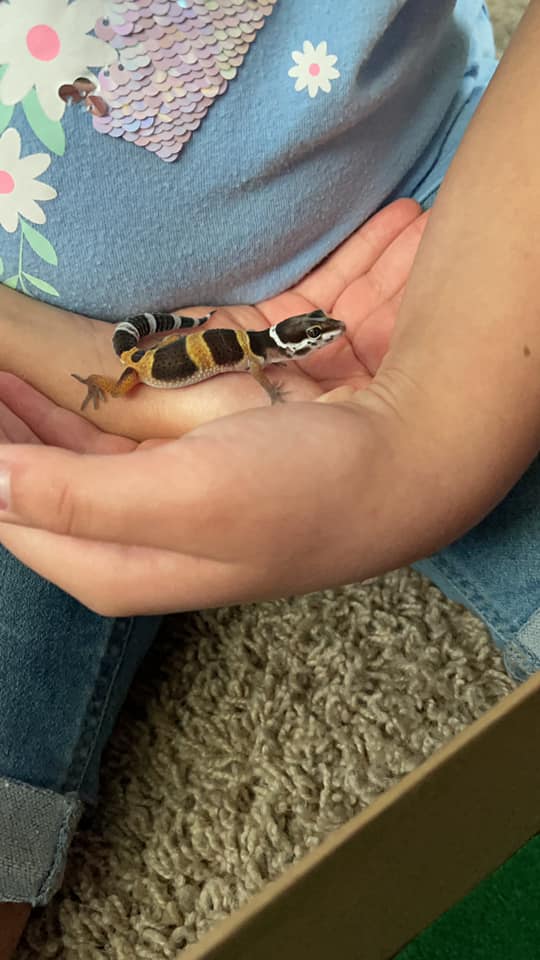 Looking back, is there something you wish you had known before you started? Do you have any advice for parents who are new to homeschooling?
Looking back, is there something you wish you had known before you started? Do you have any advice for parents who are new to homeschooling?
Hard days happen! We have had some crying sessions over the years. If it has been a rough day and a homeschool parent has had it, they need to step back. I wish I had learned this sooner.
For example, with one of my kids, I did everything I could (I have an elementary degree!) and I just could not teach him to read. We just butted heads over it so badly! Finally, I looked for an outside resource. A lady who goes to our church retired from teaching reading and I asked her for help. This was when he was in second grade. He was reading a little but was behind. And I was so done. So she started meeting with him very week, and even did testing for him. It was the best money we ever spent. Now he just meets once every 6 weeks to make sure he keeps up.
In order to homeschool successfully my advice would be “Don’t be afraid to ask for help”. Education degree and all – sometimes, what you know has to go out the window when it’s your own kid. I should have asked for help sooner. You live and learn. What works for one may not work for the other kid. It is ok to ask for help… or use something like Adventure Academy if that helps! Give yourself a break, get away, put it down, come back to it later.
What do you suggest as a first step for the family who is going to homeschool?
Definitely visit a local co-op or community. The moms in our community all happen to be very like-minded and we get along really well. We understand each other so well. You want to find a good group that shares the same values and has the same goals.
For more information about Classical Conversations, please visit https://www.classicalconversations.com/
Find out if there is a Classical Conversations Community near you: https://www.classicalconversations.com/community-search/


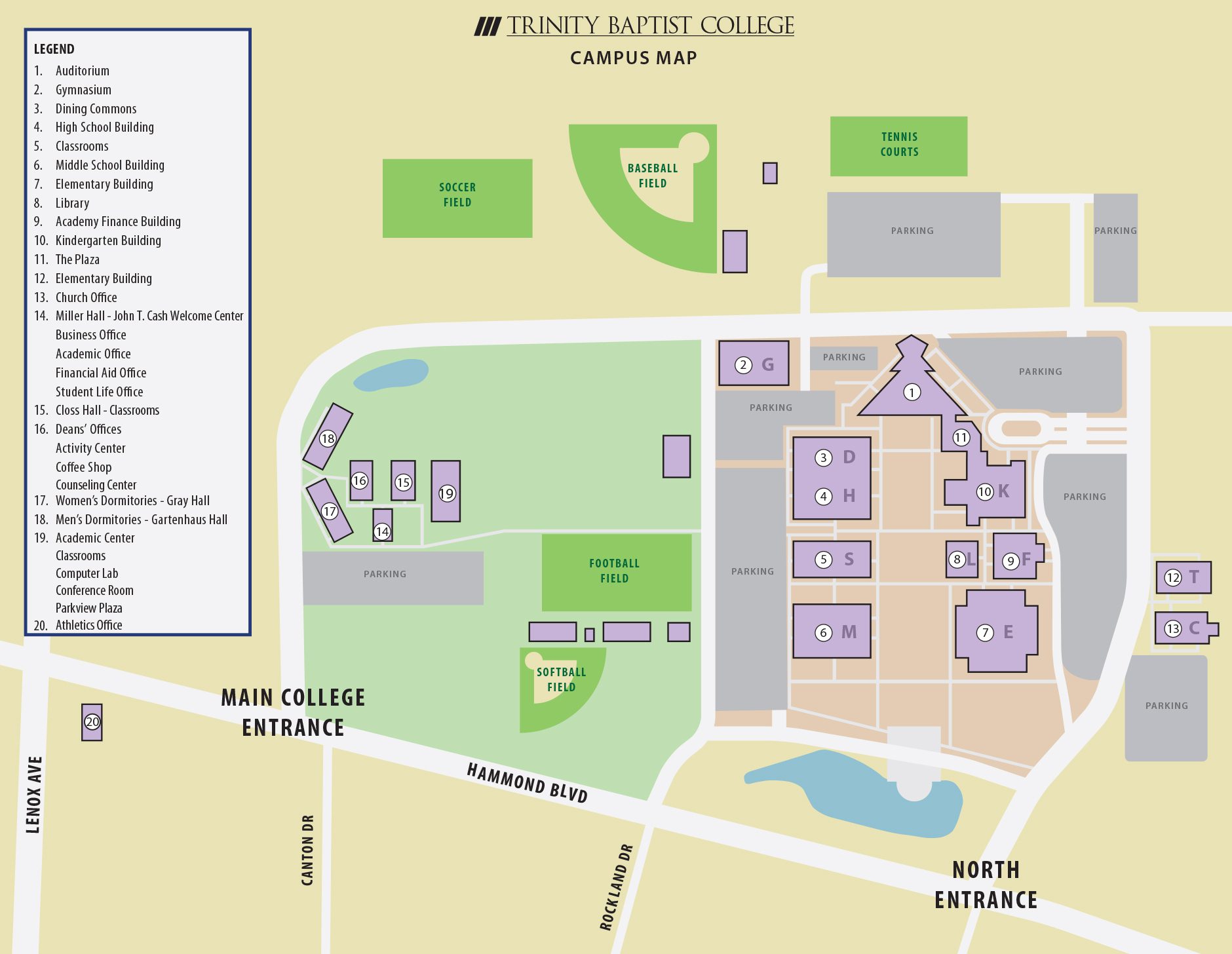


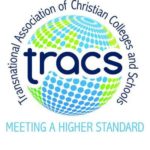
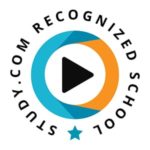
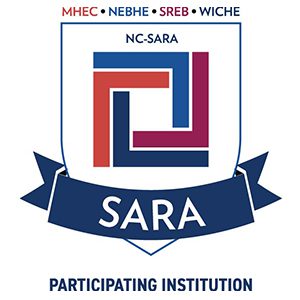
Leave a Reply